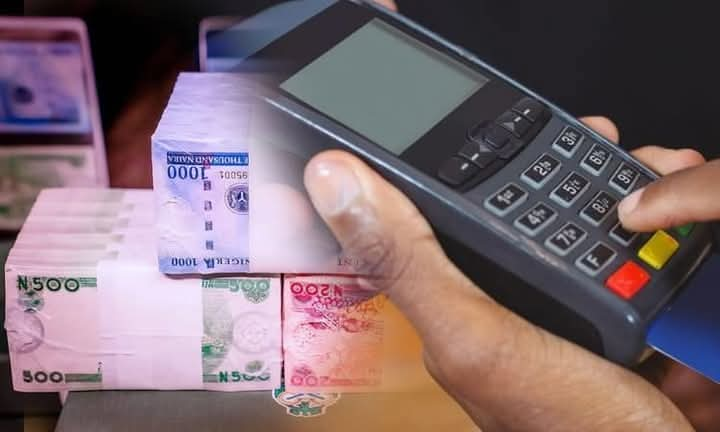Despite the Central Bank of Nigeria’s (CBN) stern directive for Deposit Money Banks (DMBs) to ensure the availability of cash, the cash scarcity continues to worsen, leaving many Nigerians grappling with withdrawal limits as they prepare for the yuletide season.

The CBN issued a circular on November 29, 2024, jointly signed by Acting Directors Solaja Olayemi (Currency Operations) and Isa-Olatinwo Aisha (Branch Operations), instructing banks to facilitate smoother cash disbursement both through Automated Teller Machines (ATMs) and over-the-counter services.
The apex bank threatened penalties for banks that failed to comply with these measures, urging customers to report any issues they faced in accessing cash.
However, as of Friday, many Nigerians across major cities reported ongoing challenges in accessing cash. A resident of Abuja, who wished to remain anonymous, lamented that his bank only dispensed N5,000 over the counter, with customers often advised to use ATMs for withdrawals.
“I was only able to withdraw N5,000 on Friday. If the ATM is loaded, you can withdraw more, but it’s a matter of luck. Most times, customers are told to use ATMs instead,” the source explained.
In another instance, a customer of United Bank for Africa in Abuja reported receiving N20,000 over the counter, while ATMs dispensed between N10,000 and N20,000, depending on the bank and the account holder.

Similarly, Zenith Bank branches in Delta State restricted withdrawals to a maximum of N20,000 both over the counter and via ATMs.
Lagos resident, Tunde Ajiboye, shared on social media that he was able to withdraw N20,000 from a GTBank ATM and later N30,000 over the counter at Lotus Bank, both in Ikorodu.
Meanwhile, in Akure, Ondo State, cash access was severely limited, with one resident, Oluwaseyi Oluwalade, failing to withdraw money from an ATM. He resorted to a Point of Sale (PoS) operator, only to receive the cash the following day.
“The PoS operator told me to make a transfer, but I couldn’t get the cash until the next day. The situation is frustrating,” Oluwalade shared.
Further complaints from residents in Imo, Abia, Kwara, Osun, and Oyo states also revealed that most banks had set withdrawal limits, ranging from N5,000 to N50,000, with customers struggling to obtain sufficient funds for daily expenses.

In Kwara, for instance, residents noted a N10,000 limit for over-the-counter withdrawals and a maximum of N40,000 from ATMs.
A source within the CBN accused some banks of favoring high-end customers by allocating larger sums to them while limiting the amount accessible to ordinary Nigerians. The source assured that such practices would not go unpunished.
However, bank staff in some states expressed frustration with the CBN’s policies. A banker in Ogun State stated that the limited cash supplied to them was insufficient to replenish ATMs for more than two days.
A staff member at Polaris Bank in Lagos further claimed that the naira redesign policy, which replaced old notes with new ones, had exacerbated the problem. According to the banker, the policy led to the destruction of old notes without sufficiently replacing them with new ones, contributing to the ongoing cash shortage.
In an interview, Fasasi Atanda, the National President of the Association of Mobile Money and Bank Agents in Nigeria, pointed the finger at businesses such as petrol stations, supermarkets, and traders for hoarding cash instead of depositing it in banks. These businesses, Atanda argued, were fueling the scarcity by selling cash to dealers at inflated rates.
“There is cash commoditization happening right now, Petrol stations, restaurants, supermarkets, and others are hoarding cash and selling it to cash dealers. We need the CBN to engage PoS operators as official agents of cash distribution to address this issue.” Atanda explained.
Despite these challenges, the CBN’s acting Director of Corporate Communications, Mrs. Hakama Sidi Ali, did not respond to inquiries regarding the matter.



